Context Matters: Collecting the Past
Context Matters is based on the twenty essays contributed to the Journal of Art Crime over its first ten years of publication. The contributions are supplemented by articles and review articles that were published alongside them. The chapters were written as museums in Europe and North America were facing a series of claims on recently acquired objects in their collections in the light of the photographic dossiers that had been seized from dealers in Switzerland and Greece. The volume contributes to the wider discussion about the appropriate due diligence process that should be conducted prior to the acquisition of archaeological material.To look at the table of contents, please see the link here.
The essays draw on research undertaken for more than 30 years. One of the major themes relates to the impact of looting on how archaeological material has been interpreted. Lost contexts cannot be replaced, and information can be corrupted as it enters the corpus of knowledge. This is particularly true when the market supplies demonstrably incorrect information to objects that are being offered for sale. Some of the processes by which material enters museum collections is indeed shocking: complete or semi-complete figure-decorated pottery is broken into small fragments. Equally disturbing is the way that archaeological material from Syria and northern Iraq appears to have been surfacing on the London market.
The book also discusses how some modern commentators like James Cuno confuse historic claims over cultural property, such as the Parthenon or the Rosetta stone, with contemporary claims over material that has been looted from archaeological sites in recent years. Alongside this are the intellectual issues relating to cultural property. Whereas we know, in the case of the Parthenon architectural marbles, from which building these sculptures were taken, so many objects that surface on the market will have lost their archaeological contexts and settings for good, and this information will never be reclaimed.
David Gill also reviews Tiffany Jenkins book:Keeping Their Marbles: How the Treasures of the Past Ended up in Museums … And Why They Should Stay There. To read the extract from that review, please follow the link here.
David Gill is Honorary Professor in the Centre for Heritage in the Kent Law School, University of Kent, and Academic Associate in the Centre for Archaeology and Heritage in the Sainsbury Institute for the Study of Japanese Arts and Cultures at the University of East Anglia (UEA). He is a former Rome Scholar at the British School at Rome, and was a Sir James Knott Fellow at the University of Newcastle upon Tyne. He was previously a member of the Department of Antiquities at the Fitzwilliam Museum, University of Cambridge, and Reader in Mediterranean Archaeology at Swansea University. He was awarded his chair in Archaeological Heritage through UEA, and was Director of the Heritage Futures Research Unit at the University of Suffolk. He is a Fellow of the Royal Society of Arts (FRSA) and is a regional lead for the RSA Heritage Network. He is a Fellow of the Society of Antiquaries (FSA).
David has a regular column in the Journal of Art Crime. He is the holder of the 2012 Archaeological Institute of America (AIA) Outstanding Public Service Award in recognition of his research on cultural property.
To read Professor David Gill's blog and how to order his book 'Context Matters:Collecting the Past', please follow the link here or to order the book visit the link here.

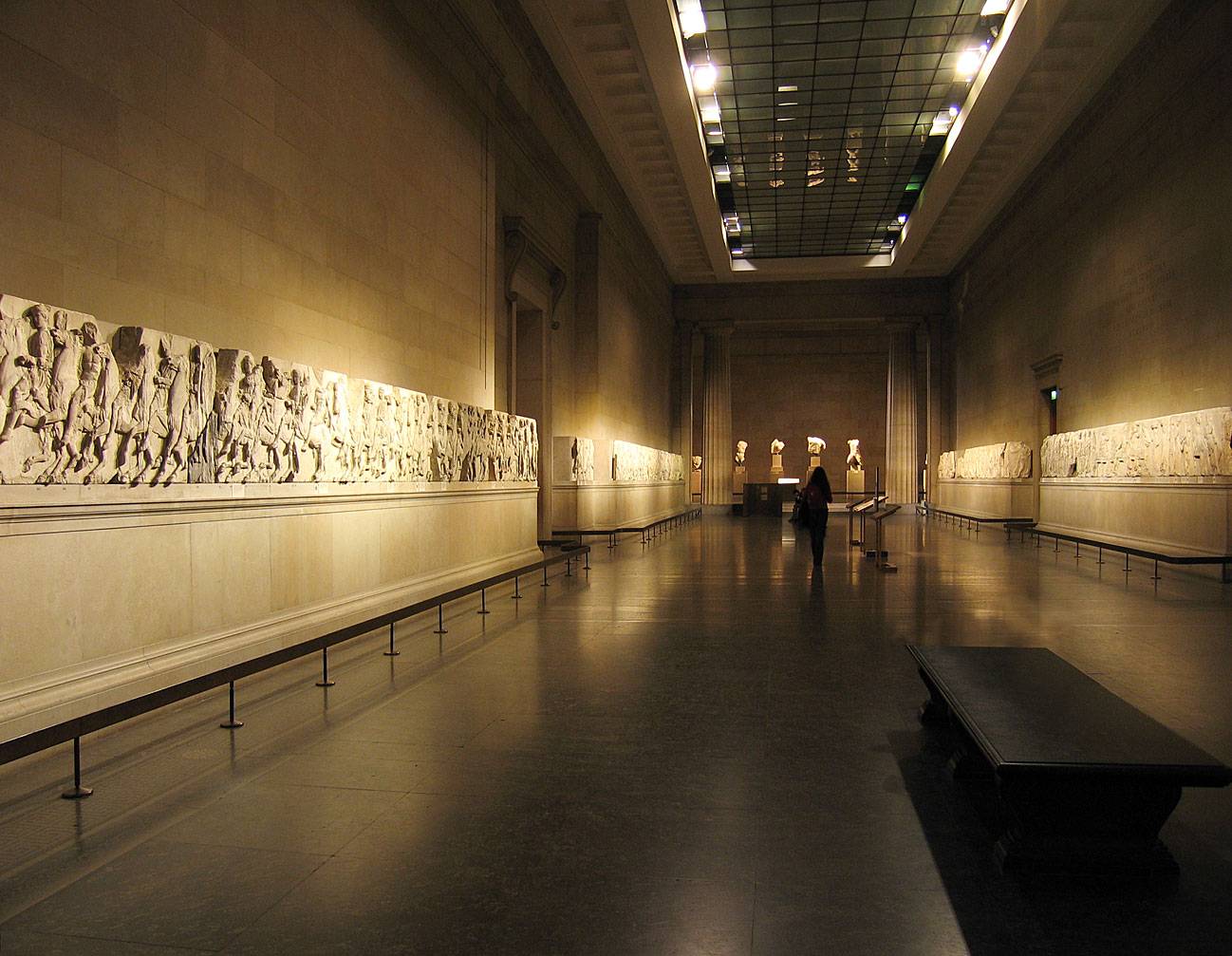
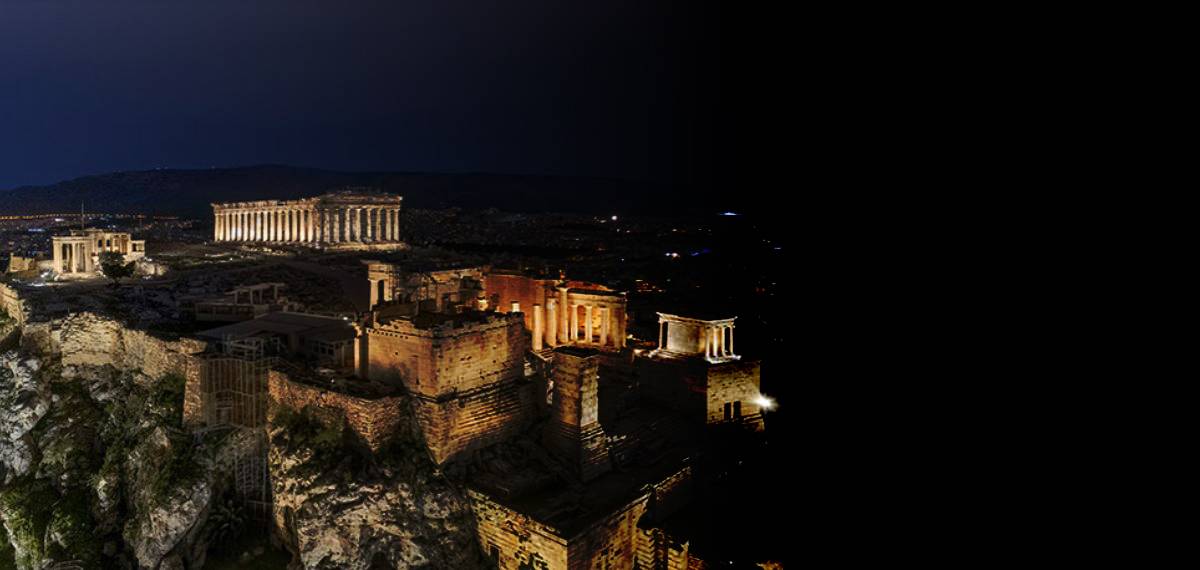
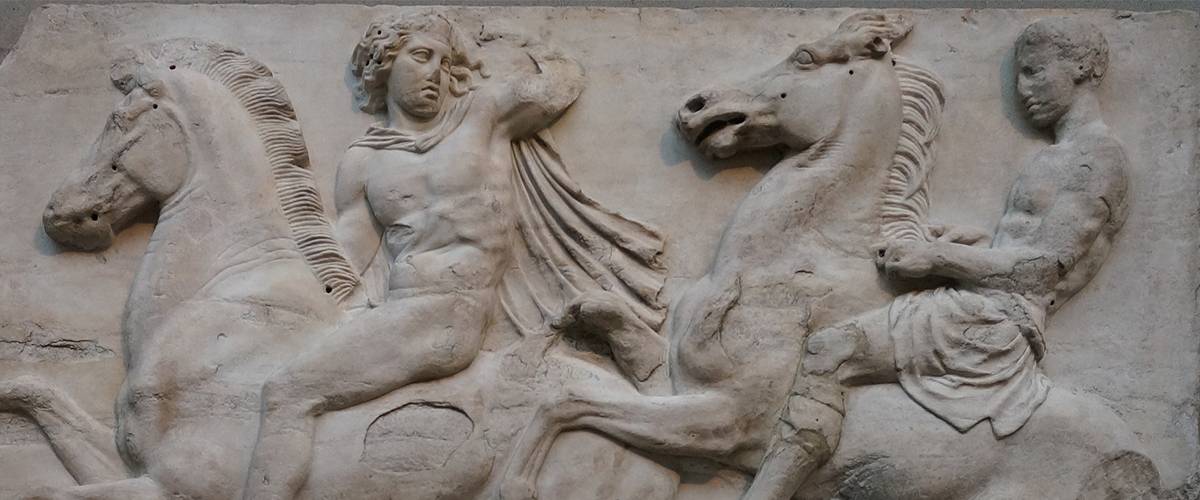

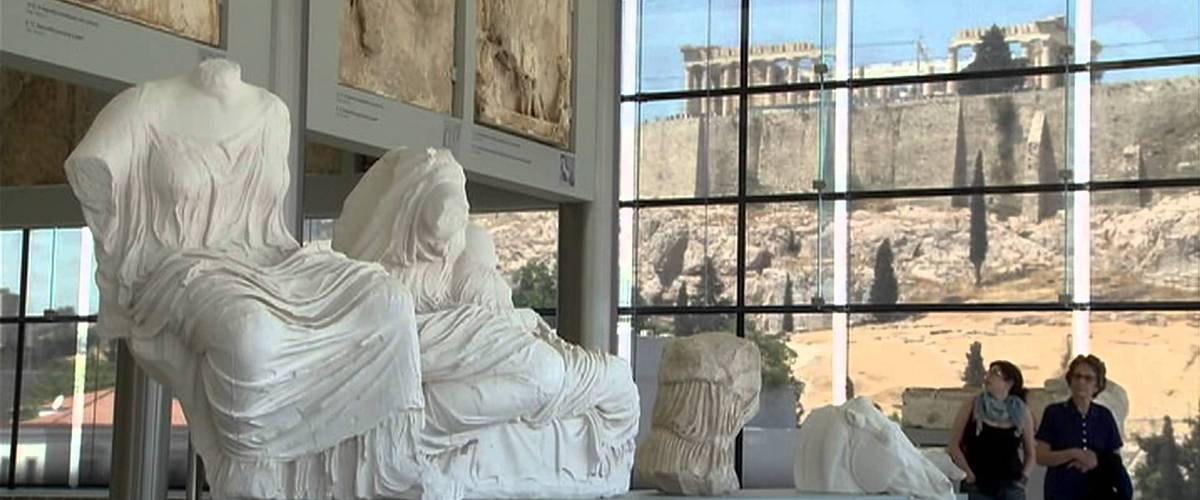
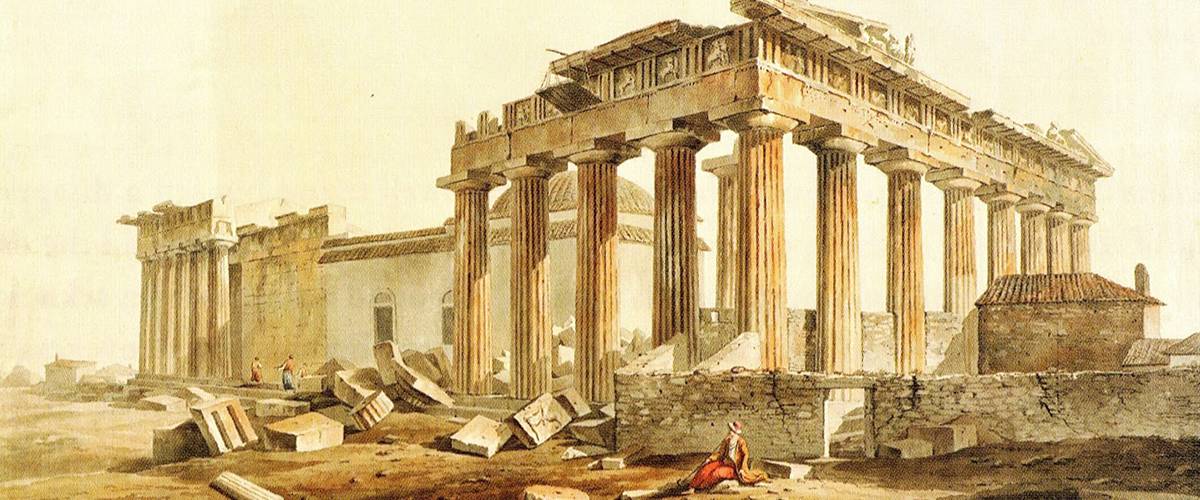
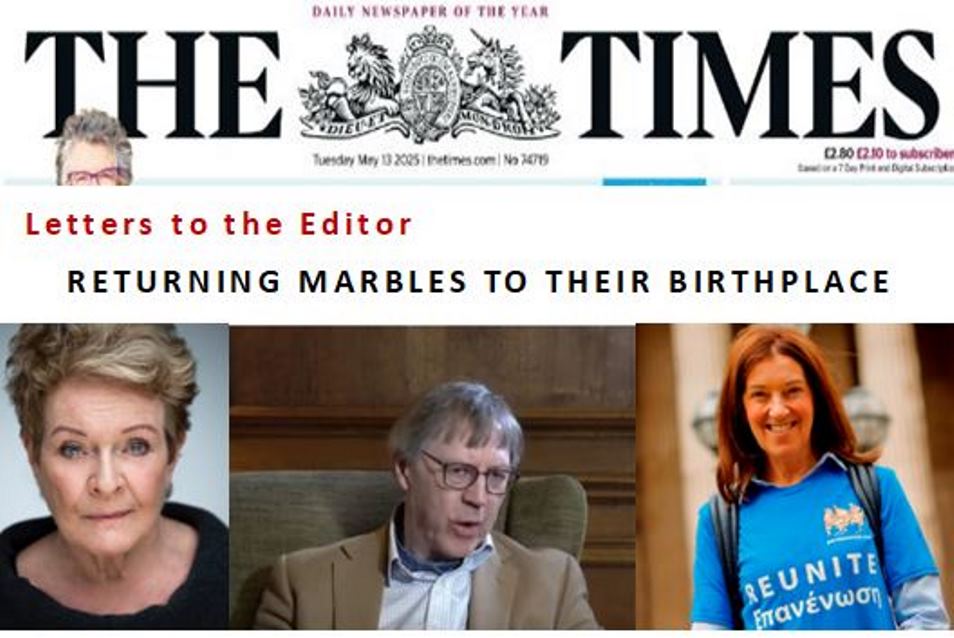
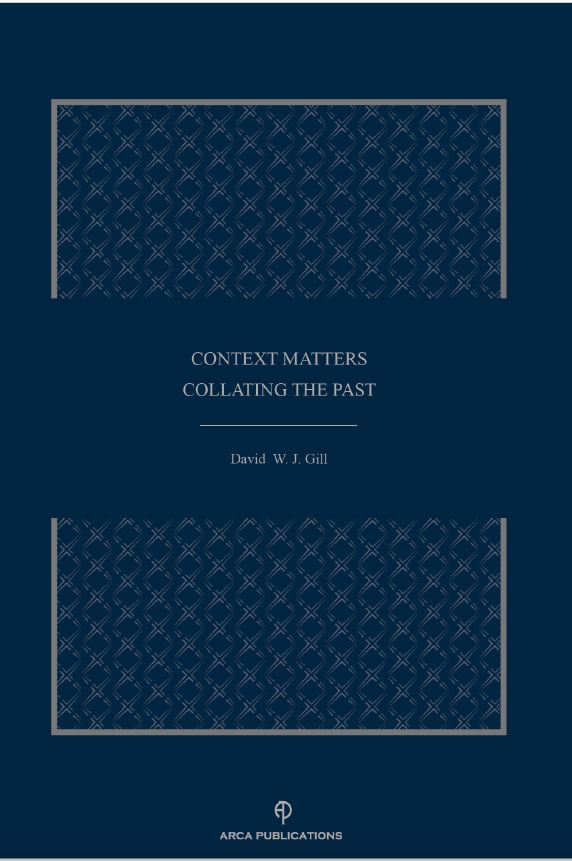

Comments powered by CComment